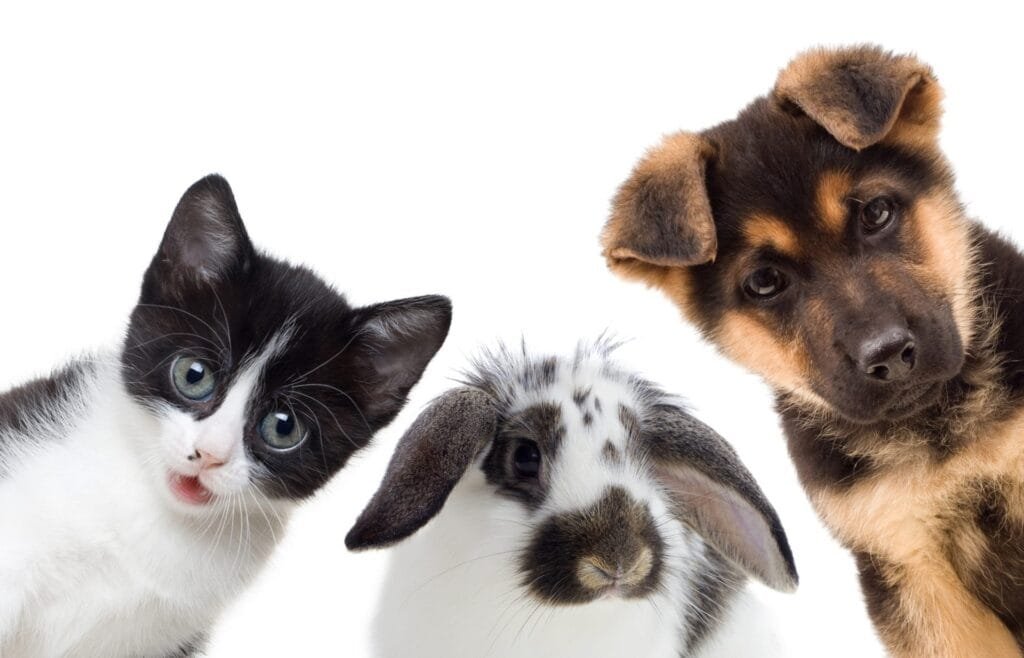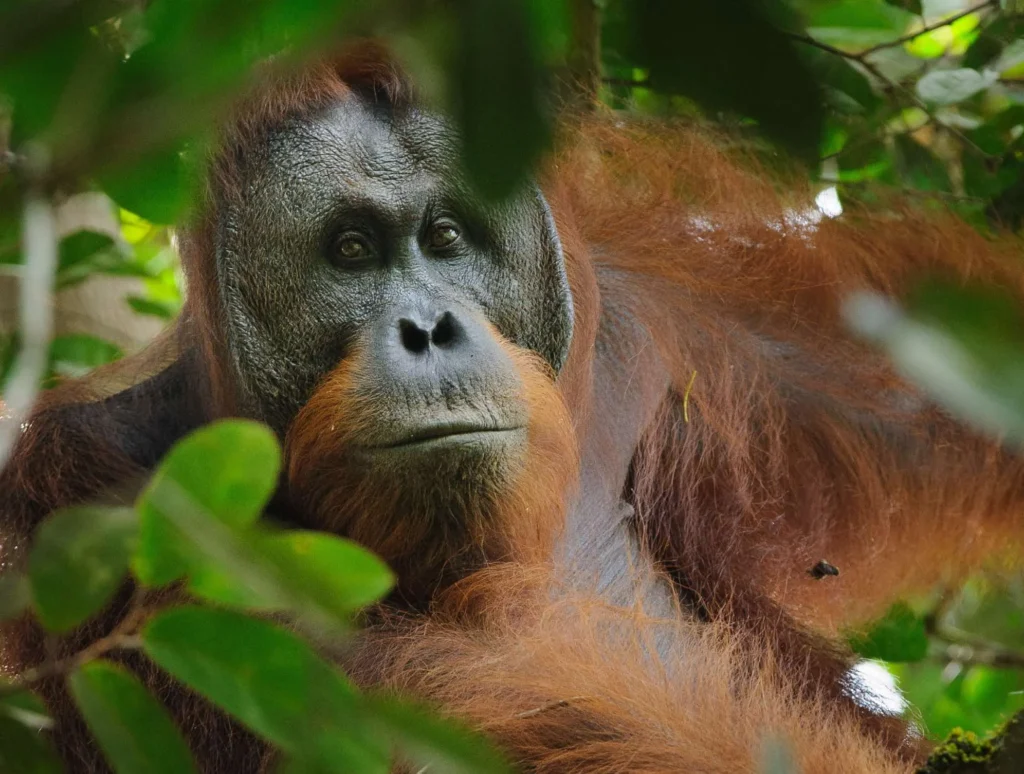As pet owners, we all want to make sure our animals are healthy, happy, and well-fed.
But with so many human foods around us, it’s easy to wonder what foods are safe and beneficial for our pets and what might actually harm them. Whether you have a playful dog, a curious cat, or a bunny that loves to nibble, it’s essential to know what foods are suitable for each species—and what foods are dangerous.
In this guide, we’ll explore what your pets can (and cannot) eat to help keep them safe, healthy, and thriving.
What Should Dogs Eat?
Dogs are omnivores, which means they can eat a wide variety of foods, both animal and plant-based. But not all human food is safe for dogs. A well-balanced, high-quality commercial dog food is usually the best way to meet their nutritional needs, but there are some foods that dogs can enjoy in moderation.
Safe Foods for Dogs:
- Lean meats: Chicken, turkey, and beef are all safe options for your dog. Be sure to remove any skin or bones, as these can pose a choking hazard or cause digestive issues.
- Carrots: These are low in calories and high in fiber. Dogs enjoy them as a crunchy snack, and they’re good for their teeth.
- Apples: A healthy treat that provides fiber and vitamins. Just be sure to remove the seeds and core, as they contain cyanide, which is toxic to dogs.
- Peanut butter: In small amounts, peanut butter is a good source of protein and healthy fats. Avoid brands with xylitol, as it’s highly toxic to dogs.
- Pumpkin: A great source of fiber that can help with digestive issues. Plain, cooked pumpkin is best.
- Rice and pasta: Simple carbs like rice and pasta can be a good option for dogs, especially if they have an upset stomach.
Foods Dogs Should Avoid:
- Chocolate: It contains theobromine, which is toxic to dogs and can cause seizures, vomiting, and even death.
- Grapes and raisins: These can cause kidney failure in dogs, even in small amounts.
- Onions and garlic: These can lead to anemia and organ damage in dogs.
- Xylitol: A sugar substitute found in gum, candy, and baked goods. It can cause a rapid drop in blood sugar, seizures, and liver failure.
- Alcohol: Even small amounts of alcohol can be dangerous, leading to vomiting, difficulty breathing, or even coma.
- Cooked bones: Cooked bones can splinter and cause choking or serious injuries to the digestive tract.
What Should Cats Eat?
Cats are obligate carnivores, which means their diet primarily needs to be meat-based. Unlike dogs, cats have specific nutritional requirements that they can only meet through animal proteins. Though it’s tempting to share your meals with your feline friend, it’s important to be mindful of what’s safe for them.
Safe Foods for Cats:
- Lean meats: Chicken, turkey, and fish are great protein sources for cats. They can be served cooked, but make sure to remove any bones, skin, and excess fat.
- Canned pumpkin: This is a good source of fiber that can help with digestion issues in cats, particularly for constipation.
- Cheese: In small amounts, cheese can be an enjoyable treat. However, some cats are lactose intolerant, so watch for any signs of digestive upset.
- Eggs: Scrambled or boiled eggs are a protein-packed snack for cats. Just make sure they are fully cooked to avoid the risk of salmonella.
- Catnip: While not a food, catnip can be a fun and safe treat that many cats enjoy, causing temporary excitement or relaxation.
Foods Cats Should Avoid:
- Onions and garlic: Even small amounts can cause severe anemia in cats.
- Chocolate: Like dogs, chocolate is toxic to cats. It can cause vomiting, diarrhea, seizures, and even death.
- Dairy: While some cats enjoy milk, most adult cats are lactose intolerant. Dairy can cause digestive upset.
- Alcohol: Even small quantities of alcohol can be deadly to cats.
- Raw fish or meat: Raw food may contain harmful bacteria or parasites. It can also affect the absorption of essential nutrients like thiamine.
- Caffeine: Found in coffee, tea, and chocolate, caffeine can be dangerous to cats, leading to restlessness, rapid breathing, and heart palpitations.
What Should Rabbits Eat?

Rabbits are herbivores, meaning their diet consists entirely of plant-based foods. Unlike dogs and cats, rabbits need a high-fiber diet to keep their digestive system running smoothly. Fresh hay should be the bulk of their diet, but there are many other healthy foods they can enjoy.
Safe Foods for Rabbits:
- Hay: Fresh hay, such as Timothy hay, is the most important part of a rabbit’s diet. It provides the fiber they need for proper digestion and dental health.
- Leafy greens: Offer a variety of fresh, pesticide-free greens, such as romaine lettuce, cilantro, parsley, and basil. Avoid iceberg lettuce as it has little nutritional value.
- Carrots: A tasty, crunchy treat that rabbits enjoy, though they should be given in moderation due to their sugar content.
- Apples: Small pieces of apple can be a sweet treat for rabbits. Be sure to remove any seeds, as they contain cyanide.
- Other veggies: Rabbits can enjoy bell peppers, spinach, and zucchini, among other vegetables. Introduce new veggies slowly to avoid digestive upset.
Foods Rabbits Should Avoid:
- Leafy greens high in oxalates: Vegetables like spinach and kale can cause kidney issues if given in large amounts. They should be fed in moderation.
- Seeds and nuts: Rabbits’ digestive systems are not designed to handle seeds and nuts. They’re too high in fat and can cause obesity.
- Processed foods: Any human junk food, including sugary cereals, chocolate, and bread, is harmful to rabbits.
- Iceberg lettuce: This contains mostly water and very few nutrients, and it can cause digestive issues.
- Cabbage: While small amounts of cabbage are safe, large quantities can cause bloating and gas in rabbits.
Final Thoughts
Feeding your pets the right foods is crucial for their health and well-being. While it’s tempting to share your meals with your furry friends, it’s important to remember that not all human foods are safe for them. Always stick to pet-safe foods and avoid giving your pets anything that could be harmful to them.
If you’re ever in doubt about what’s safe for your pet to eat, it’s best to consult with a veterinarian. With the right diet and proper care, your dog, cat, or rabbit will be happy, healthy, and thriving for years to come.




